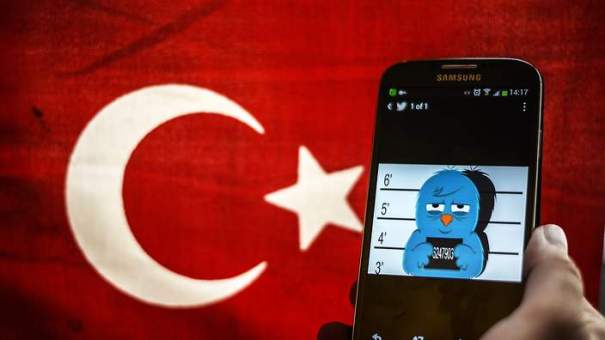(Originally published at SBS News here)
Freedom of speech is one of the most important parts of a functioning democracy. Very few people in the community will argue with that. Unfortunately ours is a democracy with many competing versions of “free speech” and sadly many of those interpretations value the free speech of one person more than another.
Article 19 of The Universal Declaration of Human Rights describes these rights in the following terms:
“Everyone has the right to freedom of opinion and expression; this right includes freedom to hold opinions without interference and to seek, receive and impart information and ideas through any media and regardless of frontiers.”
It’s a nice ideal but one that we in Australia fall far short of because freedom of speech is meaningless in a society where there isn’t equal access to the skills, platforms and opportunities to exercise it. It’s nice to think that in the digital age we’ve torn down the barriers for people to meaningfully express themselves through online platforms and yes – the internet has given us a whole new world of possibilities, but to suggest the internet is an equalising platform where everyone’s voice has the same value and same access to opportunity is an insult to those who face significant barriers expressing themselves. It is also an insult to the intelligence of those who benefit from privilege structures.
As a media educator I’ve seen first hand what this looks like. You can walk into a classroom of year nine students from high socio-economic backgrounds ask them to to produce their smartphones and within minutes have them write, record, create and publish whatever they like to the world. Do the same with a classroom of year nine students from low socio-economic backgrounds and you’d be lucky if there were more than one or two smartphones in the room, let alone access to enough internet data or knowledge of the tools needed to write, record, create and publish. Too often those of us in the privileged position of having the education, the tools and the access to express ourselves in a meaningful way assume that’s just the case for everyone else.
Right now in Australia the freedom of speech debate is being couched in the context of the Federal Government’s proposed changes to the Racial Discrimination Act. It’s a particularly interesting time for former Institute of Public Affairs policy director and now Human Rights Commissioner Tim Wilson. Writing for The Australian on Saturday, Wilson made the statement that “there is an insidious argument now creeping into the debate: that free speech protects “old rich white men”” and that “identity group-based arguments for restricting free speech are just a backdoor, sociological argument for censorship”.
Issues of the Racial Discrimination Act aside (for which he does have some valid points), Wilson’s arguments show a blatant disregard and ignorance for the current barriers that restrict people’s ability to freely express themselves.
What Wilson promotes is a form of “freedom” that is just a backdoor, economic form of censorship. Firstly. he suggests that “everyone can consistently exercise their free speech”. What is consistent about free speech in a country where those with enough money can simply use the scare tactic of threatening defamation to silence their critics, or where many the major platforms of expression flatly reject access to those they don’t like or who can’t afford it? To deny or deflect from the fact that “old rich white men” hold more meaningful access to expression than other groups in our community is absurd.
Wilson also argues that “not all voices should be given equal platforms. Arguing [that] one voice you agree with should be given a bigger megaphone also means everyone that you disagree with it should be given it as well”. This argument again blatantly ignores the privilege of those who own and control our major platforms of expression. By giving and creating more access to platforms of expression you’re not giving under-represented groups a “bigger megaphone”. You’re giving them a meaningful opportunity to participate in the democratic, social and cultural discussions that have very real impacts on their lives.
When your socio-economic structures automatically privilege and amplify the voices of people from particular mainstream groups and place significant barriers in the way of minorities then our society is simply using economic structures to censor minorities. He says “speaking freely goes to the heart of individual dignity”, but there’s very little dignity in being told by those in privileged positions that you have “freedom” when those very same people actively support the structures that limit you from exercising it.
We must consider the social, cultural and economic circumstances that impact people’s ability to access freedom of speech. For our democracy it’s more important than ever that we ensure there are measures in place to give as many Australians as possible the skills, the platforms and the opportunity to express themselves. It’s not about special treatment – it’s about ensuring that the economic censorship of minorities isn’t the version of “free speech” that we blindly accept.
Jonathan Brown (@JB_AU) is a Melbourne based media educator.


Leave a comment